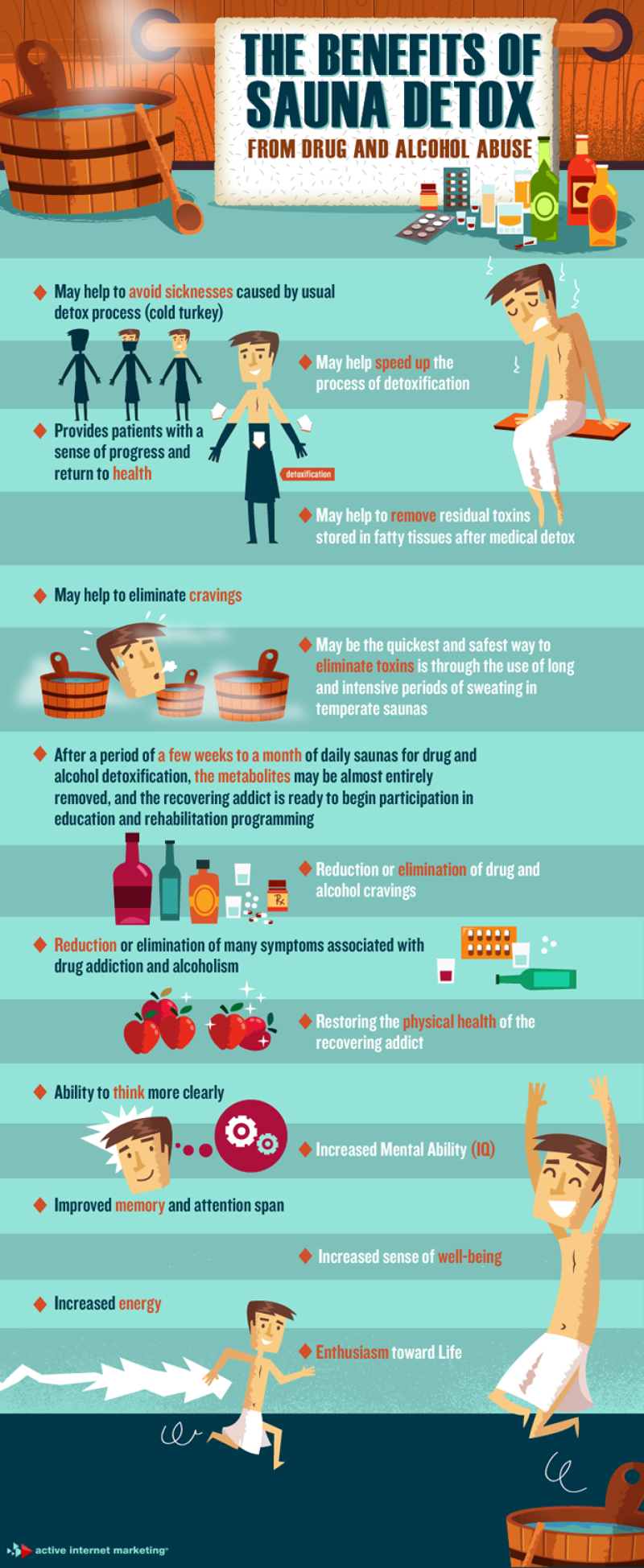You have actually finished Drug rehabilitation and taken a significant step towards a healthier way of life. Today, facing triggers and desires post-rehab can be a tough trip. Exactly how do you browse with these moments without compromising your development? Understanding the methods to cope with triggers and desires is vital in preserving your soberness. Let's explore effective ways to take care of these obstacles and secure your newly found dedication to living a drug-free life.
Recognizing Triggers and Cravings
To effectively manage your triggers and food cravings, start by recognizing the circumstances or feelings that cause your desire to use. Take a moment to review what conditions or feelings motivate your desires. Is it tension, dullness, social situations, or particular locations? By identifying these triggers, you can much better prepare yourself to handle them.
Triggers can be both internal, such as negative feelings or physical discomfort, and external, like being around people who use substances or visiting a certain area.
Take notice of patterns in your yearnings-- are they extra constant at certain times of the day or in response to certain events?
Structure Healthy Coping Methods
Identifying your triggers and cravings is the very first step towards structure healthy and balanced coping strategies to handle them properly. When you understand what scenarios, feelings, or individuals trigger your cravings, you can start establishing a strategy to address them.
One effective approach is to replace negative habits with positive ones. For instance, if stress sets off desires, practicing leisure techniques like deep breathing or meditation can help. Taking part in physical activities such as exercise or going for a stroll can also be an excellent means to deal with yearnings.
One more key aspect of structure healthy coping strategies is to develop an encouraging setting. Surround yourself with people who recognize your trip and can supply inspiration and liability. It is essential to establish boundaries with individuals that might not sustain your recovery.
Additionally, creating a regimen that includes healthy behaviors like normal exercise, proper nourishment, and sufficient sleep can aid you remain on track and minimize the chance of experiencing triggers and desires.
Looking For Support and Responsibility
Developing a network of encouraging people who can offer encouragement and hold you answerable is essential in managing triggers and cravings efficiently. Choose https://www.theguardian.com/society/2019/aug/19/mdma-treatment-alcoholism-relapse-study , family members, or a support group who comprehend your journey and can use guidance when you deal with tough scenarios.
Having somebody to talk with throughout minutes of lure can make a considerable difference in staying on track with your recuperation. https://zenwriting.net/adrian404lana/5-indications-that-you-or-a-family-member-requirement-drug-rehabilitation can help you stay concentrated on your objectives and advise you of the reasons why you chose to seek assistance in the first place.
They can additionally assist in producing a structured plan to deal with triggers and food cravings, such as developing alternative tasks or coping devices to change need to use drugs. Routine check-ins with your support system can give peace of mind and inspiration, helping you feel less isolated in your recuperation trip.
Conclusion
Keep in mind, acknowledging and handling triggers and food cravings after Drug rehabilitation is a crucial component of keeping soberness.
By determining your triggers, developing healthy and balanced coping approaches, and looking for assistance from loved ones or support groups, you can navigate through difficult moments and stay focused on your sobriety objectives.
Remember, you aren't alone in this journey, and with the right tools and support, you can get rid of temptations and live a meeting, drug-free life.
Keep strong and maintain moving forward.
